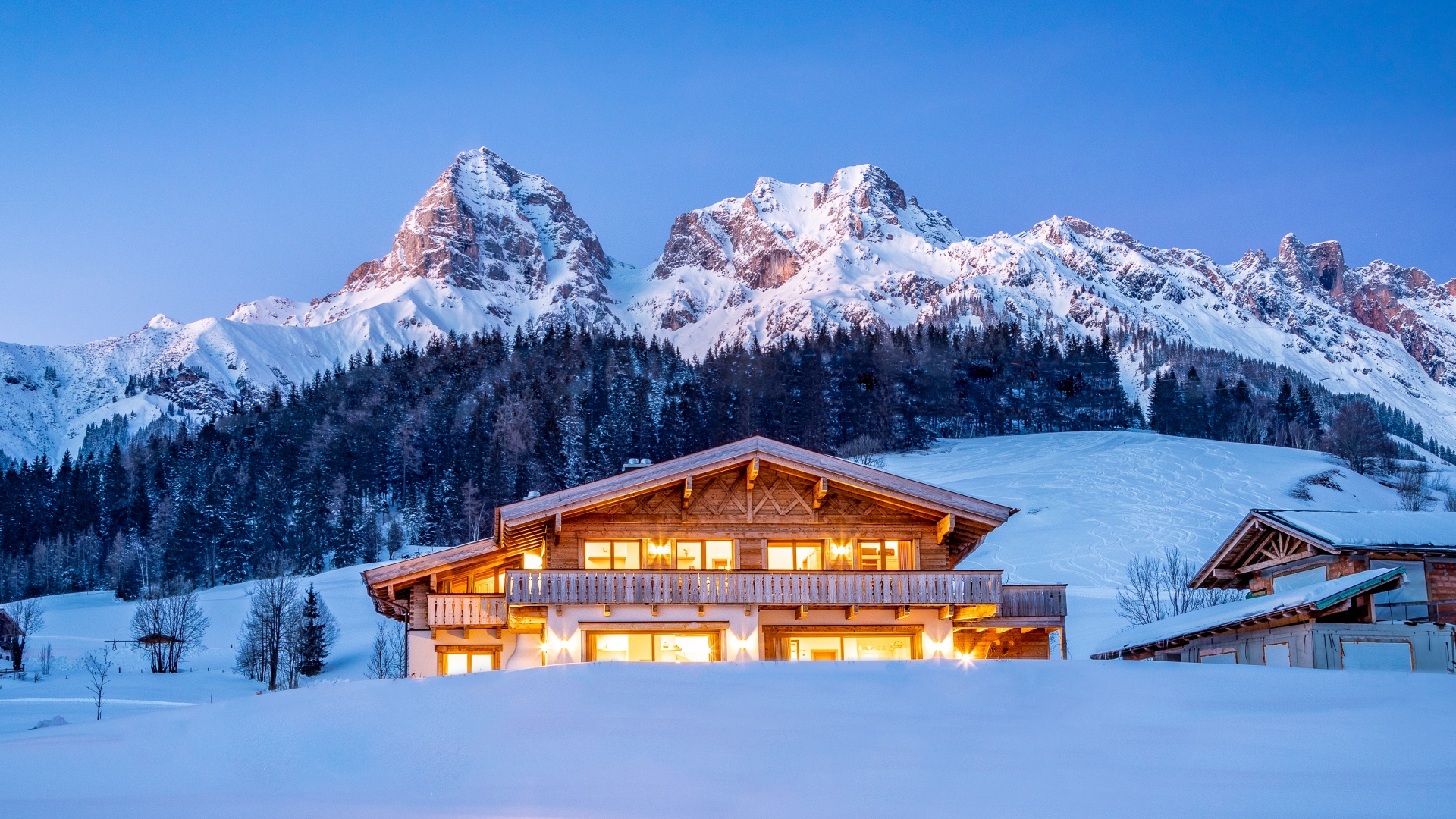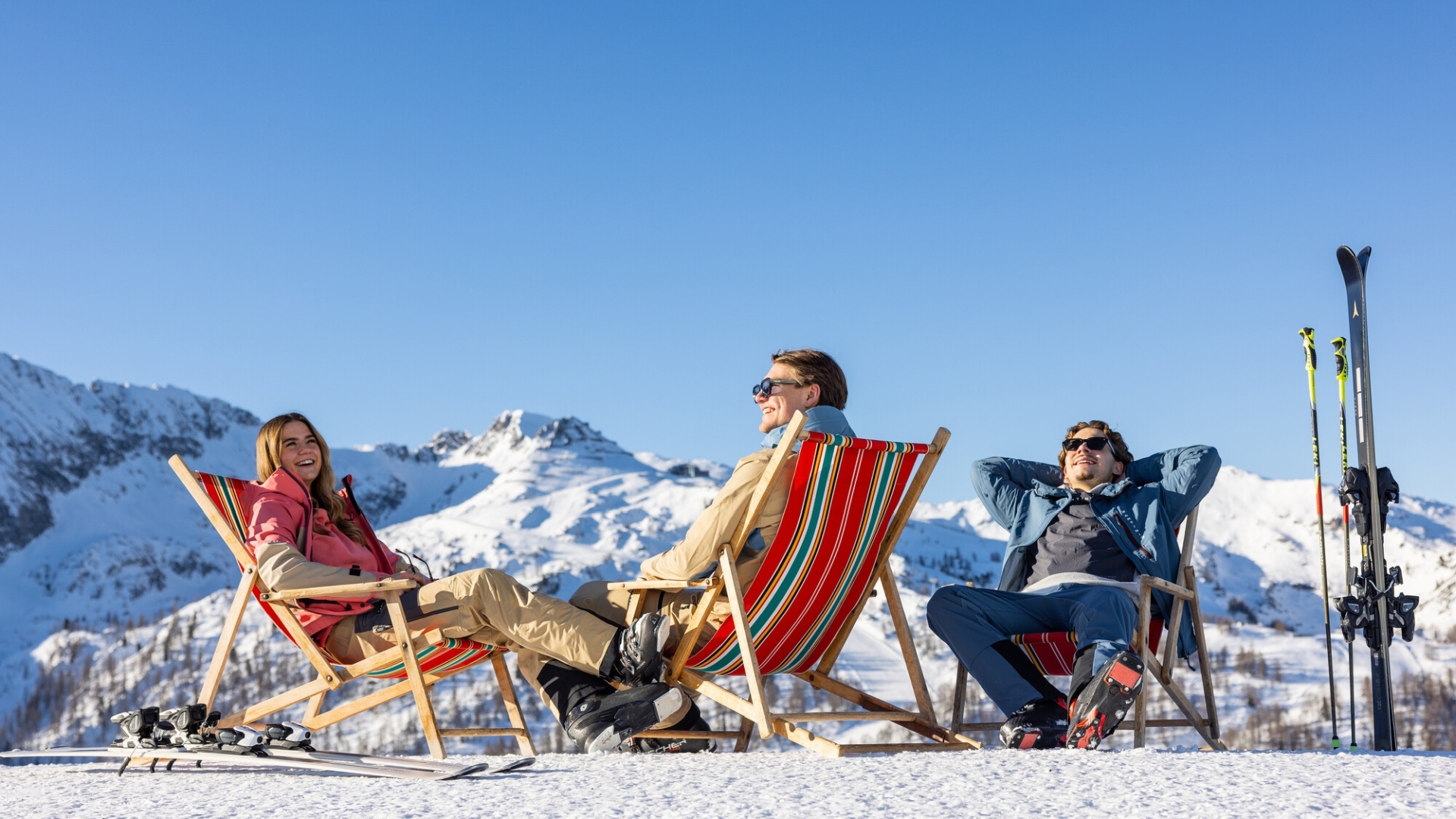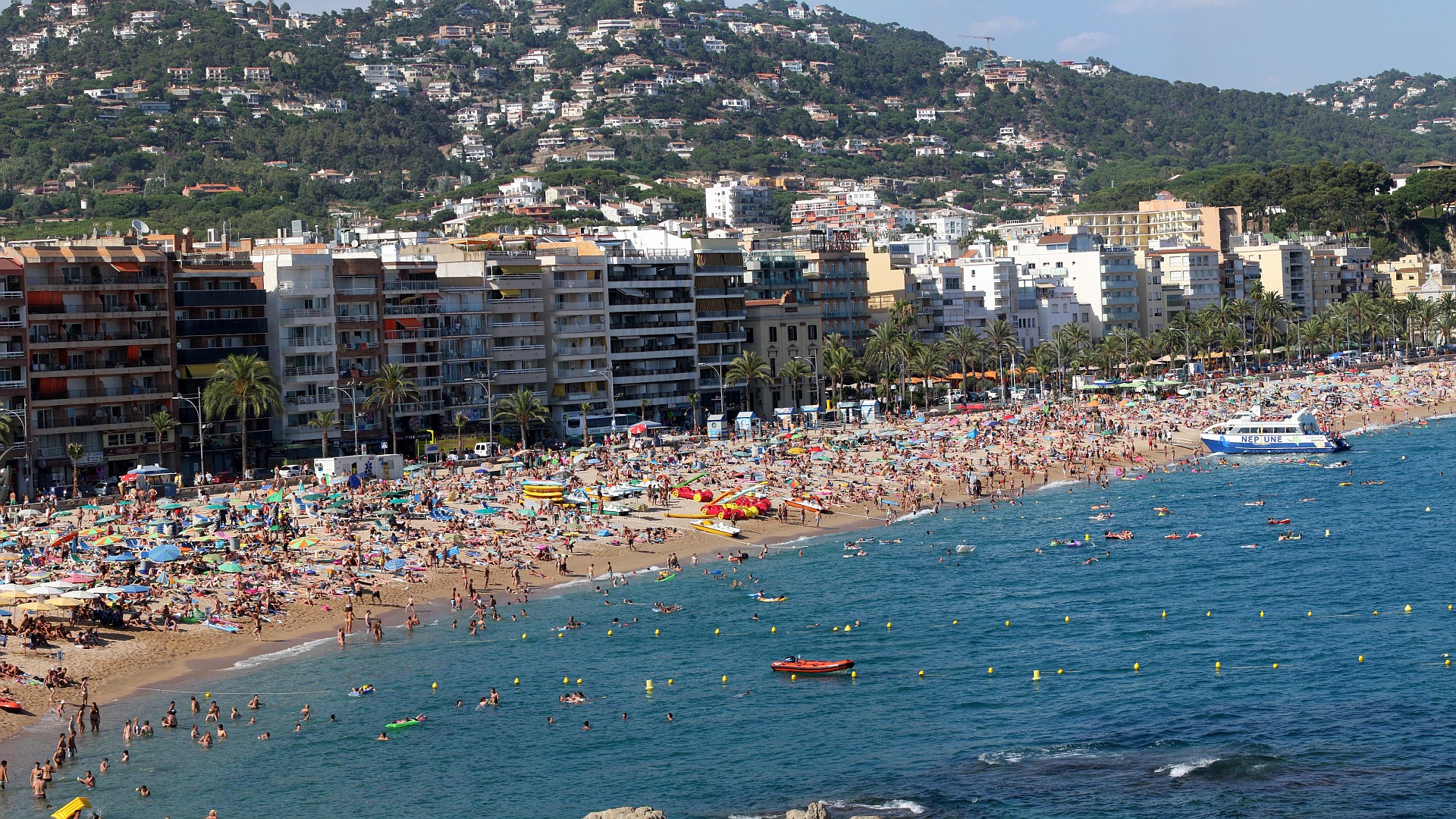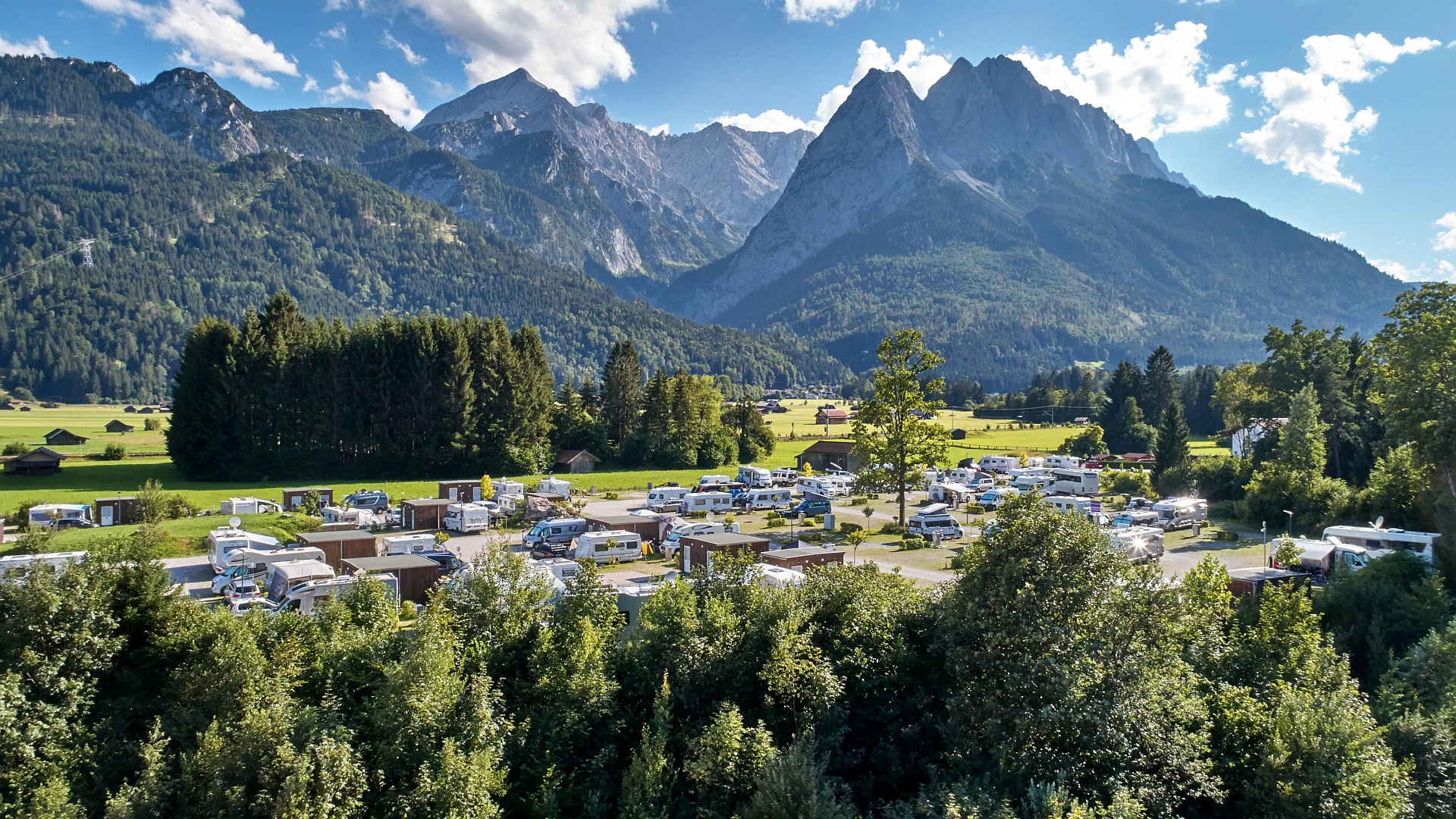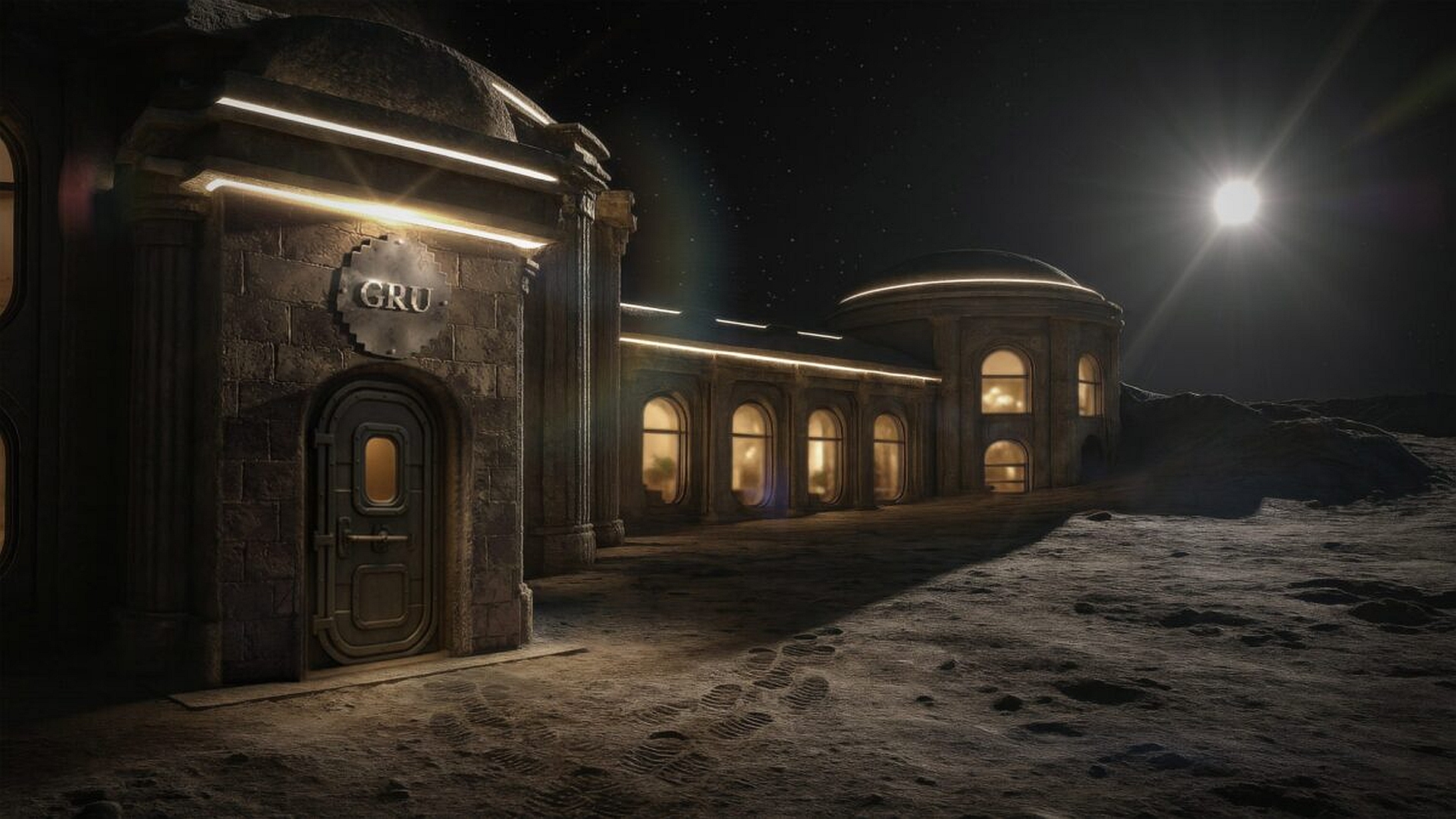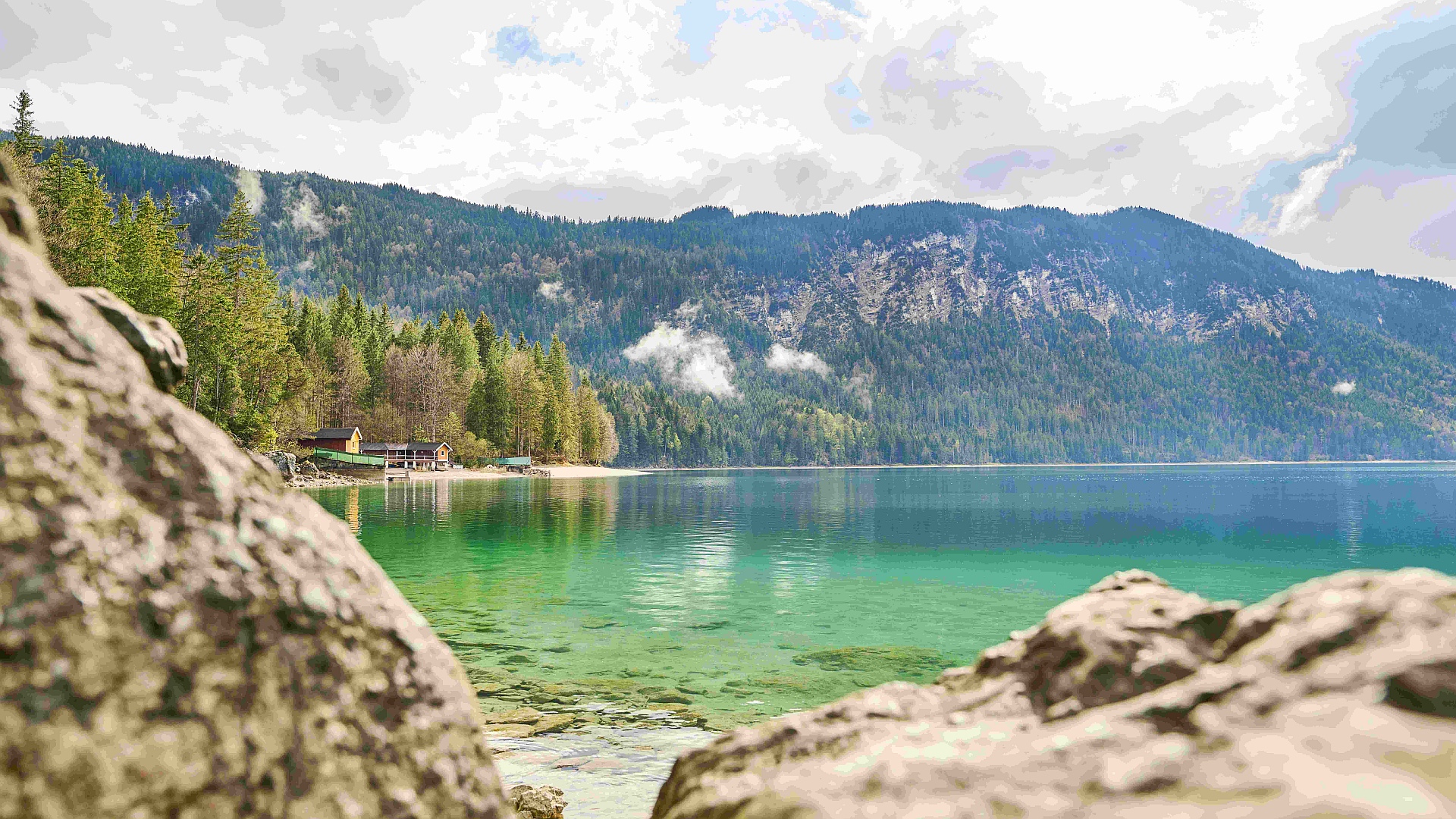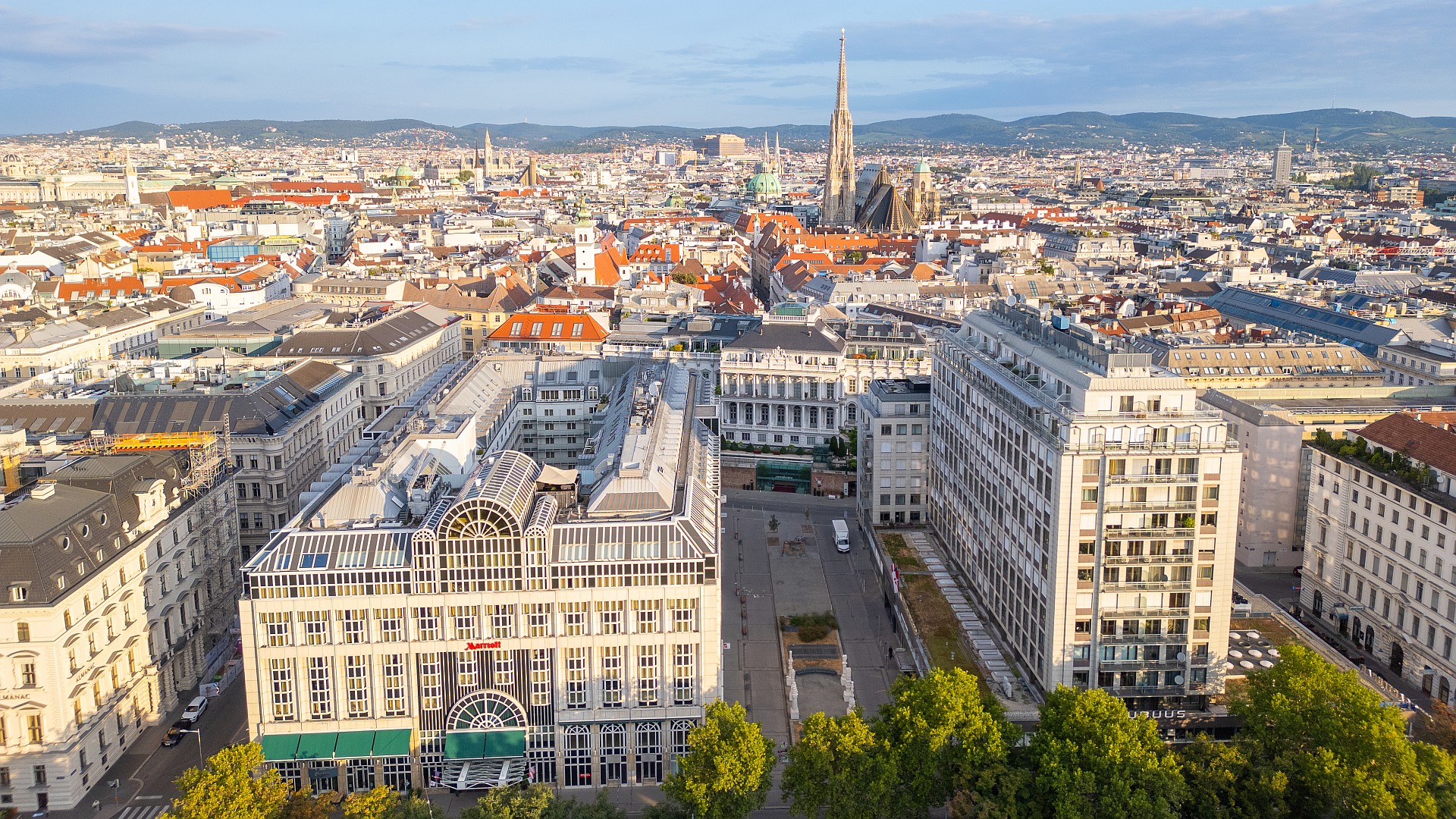
News & Stories
In the Alpine region, a conflict is developing between the tourism industry and the local population. This is particularly noticeable when investments in tourism real estate come from outside the region.
The Austrian state of Salzburg is pulling out all the stops to ensure that winter remains a hit right to the very end. The new "Winter Chillout" campaign aims to prolong the desire for winter sports and thus guarantee higher occupancy rates at the end of the season.
Amsterdam and Venice are probably the best-known destinations in the fight against overtourism. And the number is growing: Destinations are fighting back with restrictions, higher prices, bans and visitor management. A collection from around the globe.
Travelling the beaten track is a thing of the past. More and more tourists, especially those from overseas, are avoiding the peak season and seeking out the unknown. This contributes to the seasonal and geographical dispersion of European tourism, according to a new study.
The US further tightens its entry rules for tourists. Those wishing to spend their holidays there will probably have to disclose more information about their lives, including their social media activities.
Almost 500 million overnight stays – a record. Despite this, fewer foreign guests are staying overnight. Hotels are losing out, campsites are gaining.
Those who have already traveled the world can set their sights even higher in the future. You can now apply to stay at a hotel on the moon. The prices are astronomical, and whether the hotel will actually be built is still written in the stars.
For almost half of Germans, cost is the most important factor when choosing a travel destination. In addition to price, safety, accessibility, and the general economic situation also influence travel decisions. This is because more and more travelers are booking at short notice.
2025 was another record year for tourism in Austria, thanks in part to winter sports enthusiasts. In addition, there was an increase in visitors from neighboring countries and the US. At the same time, the Austrian Hotel Association (ÖHV) and the Austrian Travel Association (ÖRV) merged.
Young people are less confident than they were two years ago. They focus on high quality and enjoyment in all areas and prefer to spend their holidays in hotels. Comfort and cleanliness are particularly important to them.
